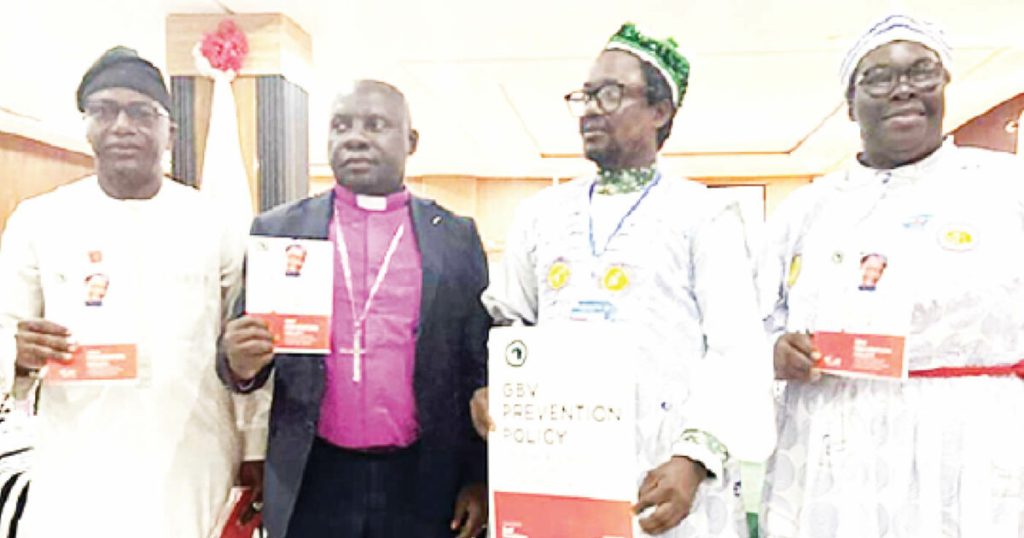Gender-based violence (GBV) is a pervasive human rights violation and public health crisis affecting individuals across the globe, encompassing various forms of abuse such as physical, sexual, and emotional violence, as well as economic exploitation and harmful traditional practices. The impact of GBV reverberates throughout society, leaving lasting scars on survivors, families, and communities. Recognizing the urgency of addressing this issue, the United Nations Women, in collaboration with religious leaders in Nigeria, has initiated a significant effort to combat GBV and promote gender equality.
The United Nations Women, a global champion for women’s rights and empowerment, has identified faith-based organizations as crucial partners in the fight against GBV. Recognizing the profound influence religious leaders wield within their communities, the UN Women has sought to engage them in efforts to reshape social norms, challenge harmful practices, and provide support to survivors. In Nigeria, the UN Women has partnered with the Organization of African Instituted Churches (OAIC), a prominent umbrella body for independent African churches, to address the pervasive issue of GBV in the country.
During the OAIC’s 2025 annual general assembly and leadership retreat held in Owerri, Imo State, Ms. Beatrice Eyong, the UN Women Country Representative to Nigeria and ECOWAS, stressed the gravity of GBV as a pressing human rights and public health concern in Nigeria. She called upon faith leaders to leverage their influence to disseminate prevention messages to their congregations and provide active support to survivors of GBV. Emphasizing the critical role of faith leaders in shaping social norms and attitudes, Ms. Eyong urged them to transform churches into safe havens where survivors could seek help, healing, and justice.
A significant outcome of the UN Women’s collaboration with OAIC, under the “Leveraging the Influence of Faith Leaders to End Violence Against Women and Girls (LEAP)” project, was the validation and adoption of OAIC’s Gender-Based Violence (GBV) Prevention Policy. This policy represents a crucial step towards institutionalizing GBV prevention within faith-based structures. Funded by the Ford Foundation, the LEAP project is a three-year initiative aimed at mobilizing traditional and religious leaders to challenge harmful norms, promote gender equality, and integrate GBV prevention mechanisms within their communities.
Elder Israel Akinadewo, the President of OAIC, hailed the GBV Prevention Policy as a positive development, highlighting its role in engaging and challenging religious leaders to actively participate in preventing GBV. He expressed optimism that the policy would serve as a model for other Christian and faith-based organizations in their efforts to combat GBV. The policy’s adoption and subsequent implementation structures demonstrate the tangible impact of involving religious leaders in systemic change, signifying a commitment to addressing GBV at the grassroots level.
The OAIC’s GBV Prevention Policy is anticipated to yield several positive outcomes. It is expected to challenge harmful cultural practices, domestic violence, and other forms of GBV openly within communities. Furthermore, it aims to facilitate easier access to support and justice for GBV survivors. By establishing clear guidelines and procedures, the policy is poised to create a supportive environment for survivors and empower faith leaders to take decisive action against GBV. This collaborative effort between the UN Women and OAIC marks a significant stride towards a more gender-equitable society in Nigeria, where the rights and well-being of all individuals are protected and valued.


